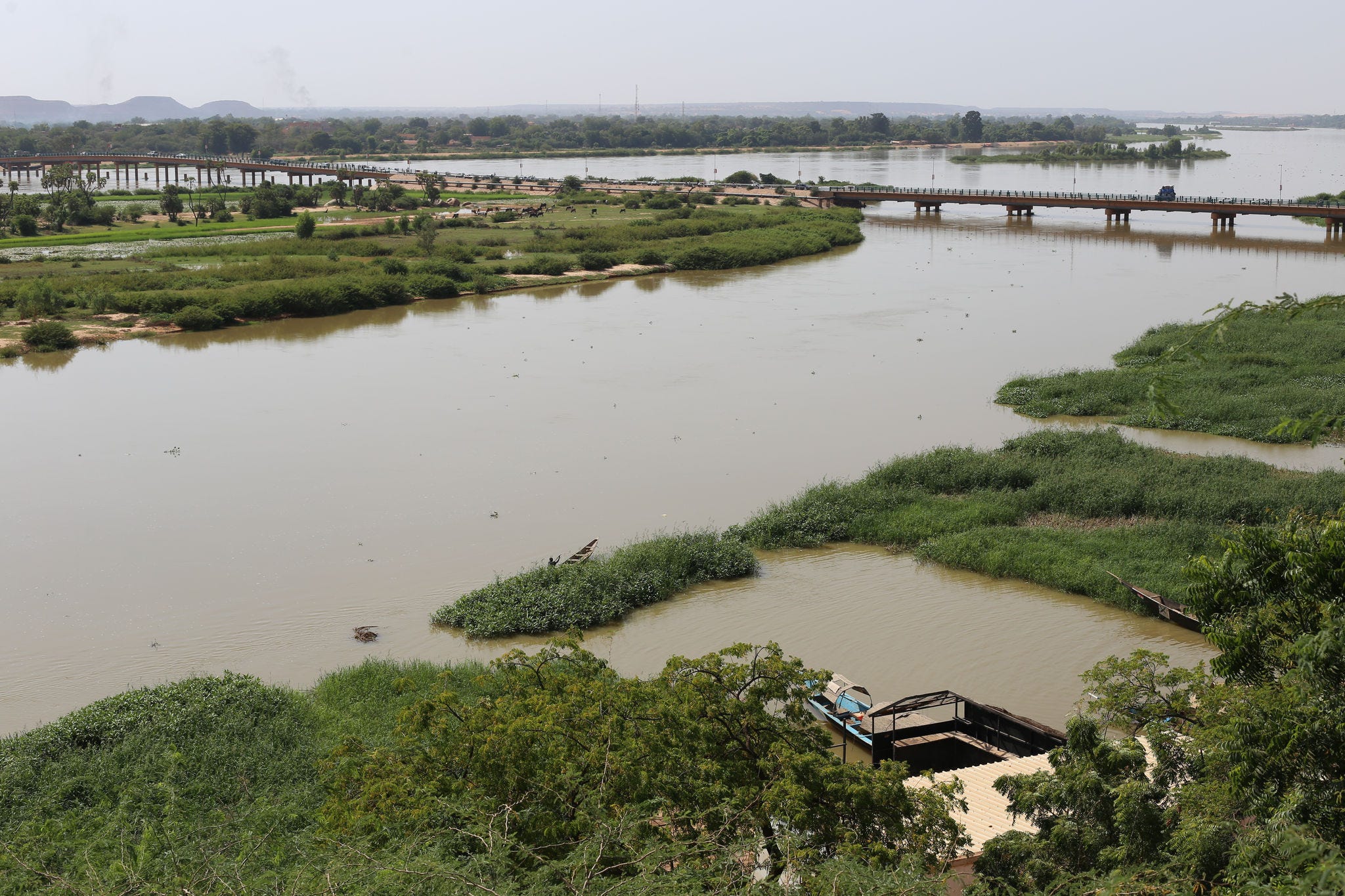Building resilience and understanding the effects of climate in Africa means not only to address local challenges, but also to contribute to global efforts to mitigate climate change. Investing in climate services to support adaptation and resilience-building measures can protect communities, preserve ecosystems, stabilize economies, and contribute to a more sustainable and equitable future for Africa and the world. Many West African countries are highly vulnerable to the effects of climate change due to their dependence on climate-sensitive sectors such as agriculture and their low adaptive capacity and limited infrastructure. This vulnerability to climate change has global implications that require international cooperation and attention. Understanding these climate impacts is essential to designing resilient development pathways and effective climate services adapted to local contexts.
The first plenary session of the third webinar will invite three keynote speakers to explore existing climate change adaptation and mitigation policies in West Africa and discuss their effectiveness and the need for improved policy frameworks and international cooperation. The importance of community involvement and empowerment in building resilience will be highlighted, and successful community initiatives and methods for involving local populations in climate resilience efforts will be shared. Finally, this plenary session will highlight the financial aspect of climate resilience, as well as the difficulties of accessing climate finance and the opportunities for financing adaptation and mitigation efforts.
This plenary will be followed by two parallel sessions to foster discussion on gaps in regional climate trends, projections and impacts in West Africa, and on vulnerabilities and strategies for climate resilience. Knowledge of the needs and gaps to improve our understanding of the complex interactions and feedback loops between climate change impacts and social, economic and political factors, and their cascading effects on communities, livelihoods and ecosystems, is essential for developing effective climate services and holistic resilience strategies.
Session 1 will explore topics such as data availability and quality, current climate impacts and future climate scenarios, localized studies and projections, forecasting extreme weather/climate events, and new challenges for designing climate services that support resilience by providing critical information, enabling informed decision-making under uncertainty, and encouraging proactive measures to cope with and adapt to changing climate conditions.
Session 2 will explore the vulnerabilities of different regions or communities to climate change and will enable discussions on adaptation strategies tailored to local contexts in different sectors such as agriculture, urban planning, disaster risk reduction and community resilience. These topics will include vulnerability assessments and adaptation strategies, case studies and success stories illustrating effective strategies at different scales and in different sectors, and innovations in climate resilience in the West African context.
In all sessions, key messages will focus on needs and gaps for better knowledge of the regional climate system, innovative climate services and capacity building. All sessions will share lessons learned and best practices that can be replicated elsewhere. Wherever possible, emphasis will be placed on the importance of collaboration between different sectors - government, NGOs, private sector, academia, and local communities - in tackling climate impacts and building resilience within African development trajectories.
